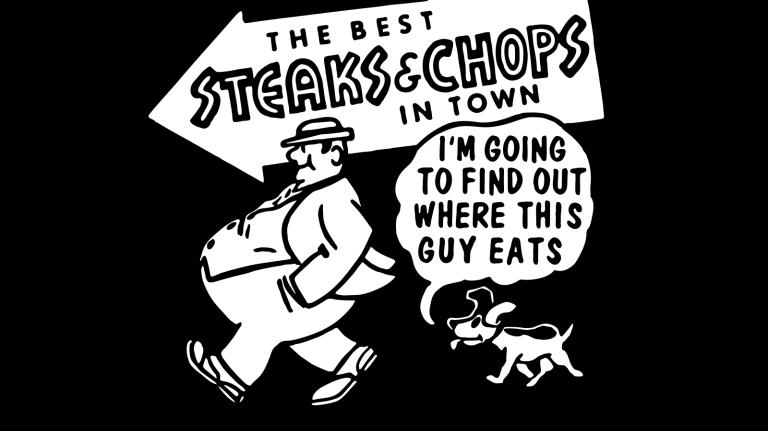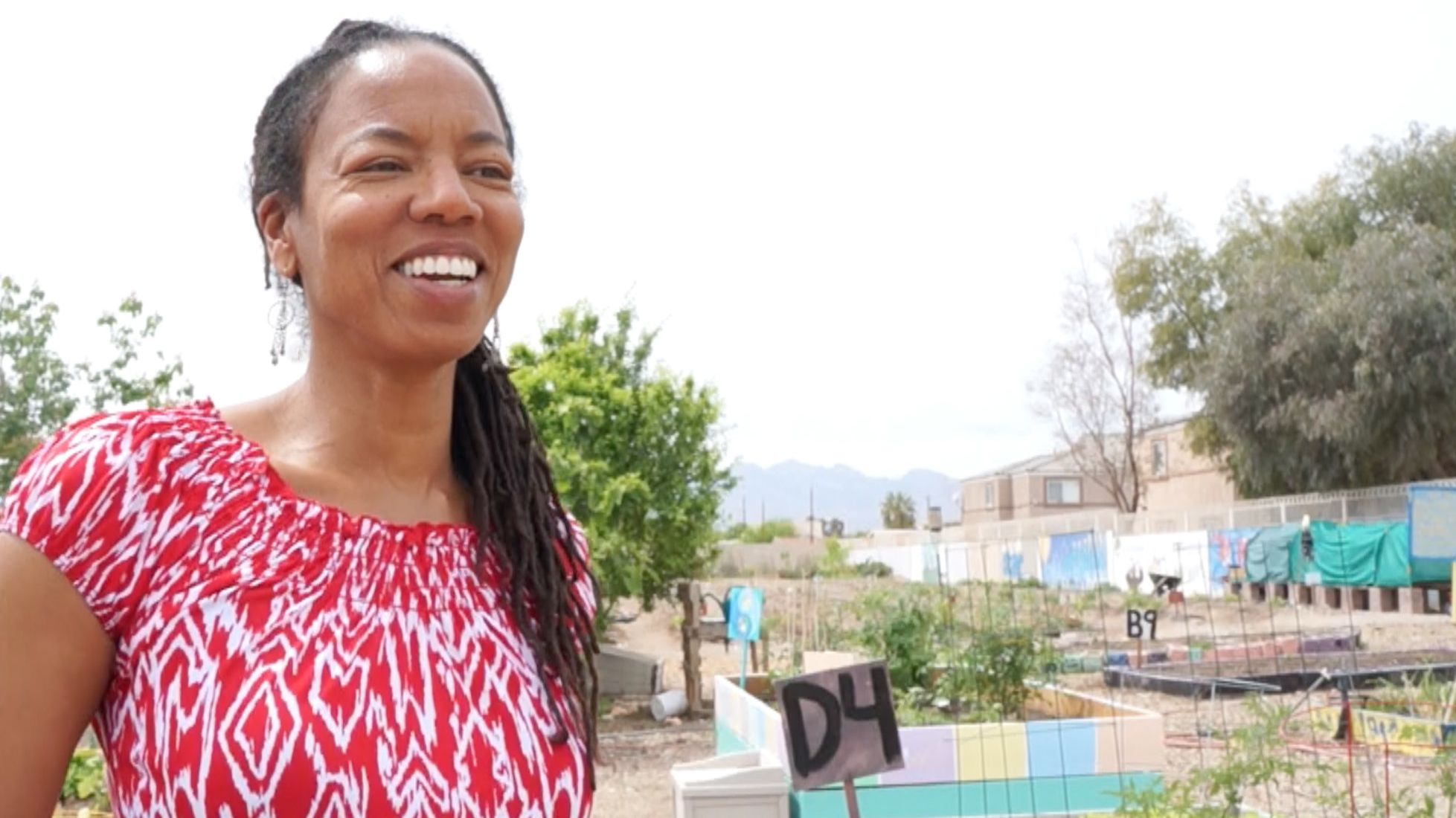Rosalind Brooks is a Las Vegas native, born and raised. Her father was a craps dealer on the Strip. Her mother was a grocery checker. With a degree in business and a masters in education, Brooks has run a construction clean-up operation, taught kindergarten, started a mobile oil-change business — and in between, raised two daughters.
But she found her calling, she says, in a dusty, junk-strewn vacant lot across the interstate from the city’s moribund downtown. That’s where she started the Vegas Roots Community Garden, the first public garden of its kind in the city.
Kicked off in March of 2010 and powered solely by volunteer labor, the garden has grown, with fits and starts, to cover roughly an acre, kicking out all manner of organic herbs and veggies that are sold or donated to youth groups and senior centers. There are chickens, too, and anyone who’s interested can rent a plot for $500 a year and keep the fridge full year-round.
There’s even a demonstration permaculture garden in a back corner, where artichokes, thyme, echinacea, lettuce, sunflowers, and pomegranate grow in sunken beds, to shield them from the sun and conserve water. The group that created the garden, Great Basin Permaculture, hosts classes and weekly work parties, and has started a new demonstration project in a yard in East Las Vegas.
Growing food in this desert climate, where summertime temperatures regularly top 115 degrees Fahrenheit, turns out to be a cinch if you’ve got water — and if you use it wisely. The bigger challenge: Building a corps of committed volunteers and gardeners in a city that has sprung up relatively recently and is, by its nature, transient.
“The turnover here is crazy,” Tyler Schafer, a UNLV sociology student who is writing his dissertation on the garden, says of Las Vegas. “People hit a barrier and get an opportunity to leave, and they do.”
Brooks says after the groundbreaking celebration in 2010, she went months without any volunteer help. Getting residents of the surrounding neighborhood involved has proven to be a trick. Most of the volunteers, and customers who rent plots, come from elsewhere in the metro area.
Still, the garden has persisted, growing more than just food. Community gardens give city kids an important connection to nature, healthy food, exercise, and job skills, Schafer says. And since the Vegas Roots garden was started, he’s seen a scattering of school and church gardens pop up around Vegas. There’s also a growing farmers market scene, CSAs, and an organization called Project AngelFaces that gleans fruit from trees around town to donate to vulnerable elders and youth.
A silver lining of the economic collapse that knocked this city of its feet, Schafer adds, is that people may be less apt, or able, to just move on to the next best place. “There’s a chance that people will lose this mentality — ‘I’m not going to be here very long; why would I get involved with these issues?’ — and start saying, ‘Maybe I’ll invest in my community for a while.’”
As for Brooks, she has faith that the garden will keep growing: “I see the hand of God in every single thing we’ve done.”




